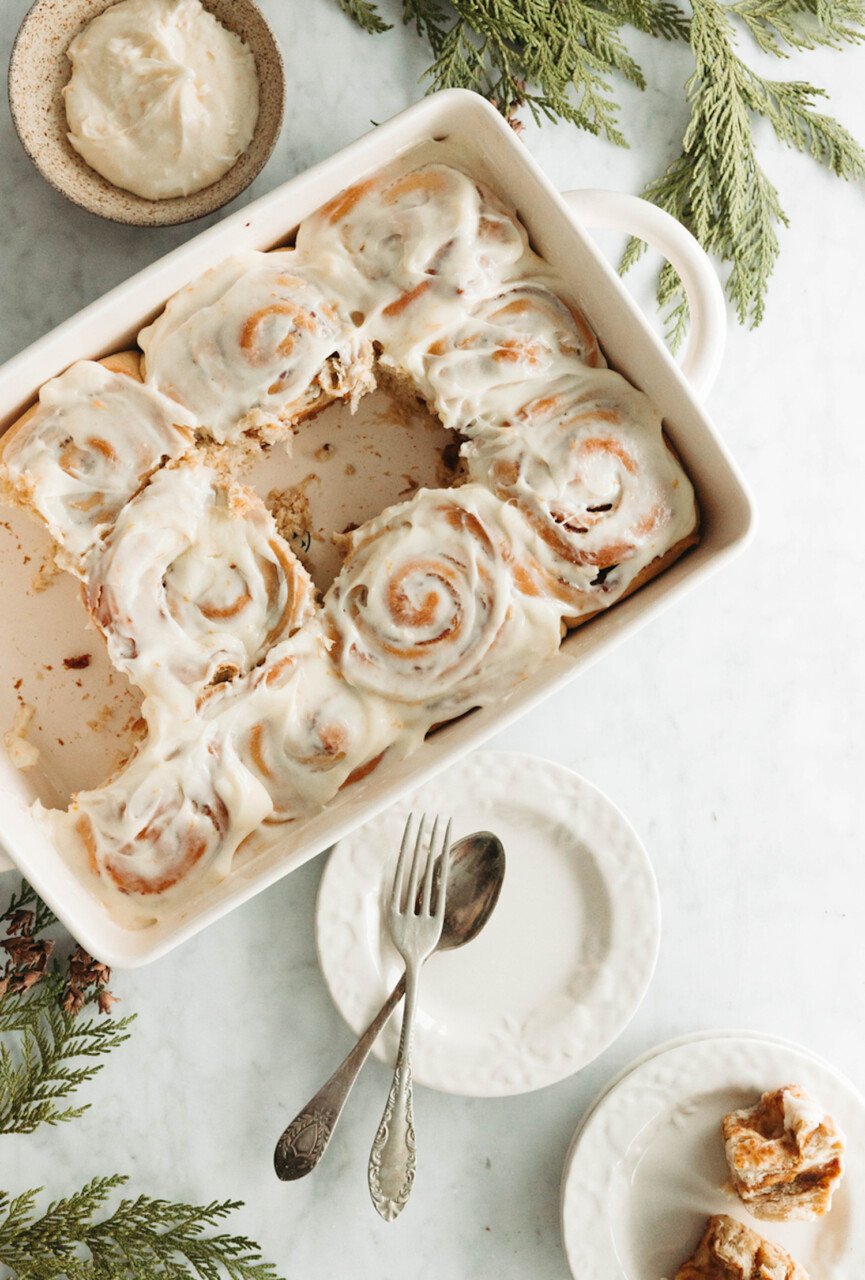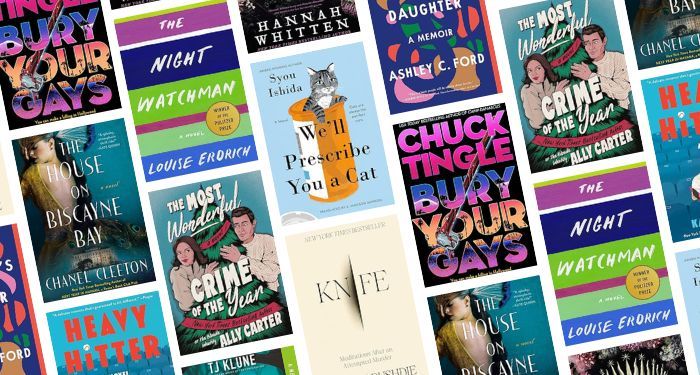One of the catastrophes that can befall competitors on “The Great British Bake Off” is the dreaded soggy bottom: instead of a crisp and flaky crust, the base of their pie has turned into a gooey and congealed mess.
Lately, the long-running British baking competition series, known for being one of the most comforting shows on television, has produced too many soggy bottoms. Embarrassing culturally themed weeks that made a mockery of the cuisines they were intended to celebrate. Hosts with an annoying tendency to turn everything into a dumb comedy bit. The overuse of gimmicks and stunts deviated from actual baking tasks, and sometimes even felt like they were setting the bakers up to fail. All of these have left a sour taste, like a curdled custard or a burned caramel.
So this summer, when “Bake Off” producers promised this year’s season would be a return to form, I thought: “I’ll believe it when I see it.” (Over here, the show is known as “The Great British Baking Show,” but real fans know just saying “Bake Off” generally suffices.)
To the relief of us long-suffering “Bake Off” fans, the new season has so far delivered, like when a baker knocks their bake out of the park and receives a coveted handshake from pompous and notoriously hard-to-please judge Paul Hollywood (or less annoyingly, when judge Prue Leith declares a baker’s bake “a triumph”). As soon as I hit play on the first episode, which premiered Sept. 29 on Netflix, I felt the cozy vibes envelop me.
The show’s producers admitted the culturally themed weeks were a misstep and that some of the challenges have become too elaborate. As a result, they’ve pledged to stick to classic themes, like cakes, bread, biscuits and pastries. We can breathe a little easier, knowing there isn’t a horrifically bad culturally-themed week looming. And the cringey comedy bits have largely been kept to a minimum and haven’t felt overly hacky. For instance, the season premiere, which typically opens with a pop culture-themed sketch, began with “The Breadfather,” a spoof of “The Godfather,” which was actually pretty funny.
My renewed sense of optimism in the show comes down to a hero ingredient, as the judges like to say when looking for a dominant flavor in a baker’s finished product. New co-host Alison Hammond couldn’t be a more perfect fit for the show. With her instant warmth and exuberance, infectious laugh, and clear appreciation for the show and its bakers, it’s like she was born to preside over the “Bake Off” tent. Moreover, as an experienced TV host in the U.K., she seems to understand exactly what a “Bake Off” host is meant to do. She banters and jokes with the bakers, ensuring they’re doing OK and not feeling too nervous. She also knows when to get out of the way and keep things moving.
That’s the key: Don’t distract from the bakers, who are the real stars. Although, other than when they are awarded Star Baker, it feels weird to call them stars since what makes them so endearing is that they’re regular people. A typical “Bake Off” contestant is often earnest, self-deprecating and focused on trying their best. This year’s batch of bakers are as delightful as always, like Tasha, who immediately won me over when she roasted Hollywood early in the first episode; and Saku, whose cheerful enthusiasm and snarky quips remind me of every boisterous Asian auntie at a family friend’s dinner party.

“Bake Off” makes great television by turning each baking task into a high-stakes emotional journey — but not in the deliberately manipulative way we typically associate with reality television. Last week’s episode, Chocolate Week, was, dare I say, the most stressful episode of TV this year since “Connor’s Wedding.” The drama! The tension! Will the bakers’ homemade chocolates come out of their molds? Will their edible chocolate boxes stand up? Will their fillings stay solid or ooze out like a mudslide? Will everyone finish on time? And why, every season, is it always sweltering on the day the bakers are tasked with tempering chocolate?! What sweet, sweet relief I felt when the judges decided it wouldn’t be fair to eliminate anyone because of the strenuous conditions in the tent: Tasha, who nearly passed out due to the heat, wasn’t able to finish her bake. Whew, what an anxiety-inducing hour of television!
There are also season-long narratives to follow and become invested in. Each season, some bakers consistently do well, while some bakers are a bit shaky at first — and then, week by week, get better and better. It’s a real joy to watch bakers who come into their own as the season unfolds, and they surprise even themselves with how good they are.
Even though it is, of course, a highly produced TV show, the appeal of “Bake Off” is that the recipe isn’t particularly complicated: Pleasant bakers making magical creations in pastel-colored kitchens inside a sun-filled tent in the British countryside. Here’s hoping the show continues to stick to the recipe, steering clear of soggy bottoms and producing a triumph worthy of being awarded Star Baker.
“The Great British Bake Off” airs Fridays on Netflix.


























































